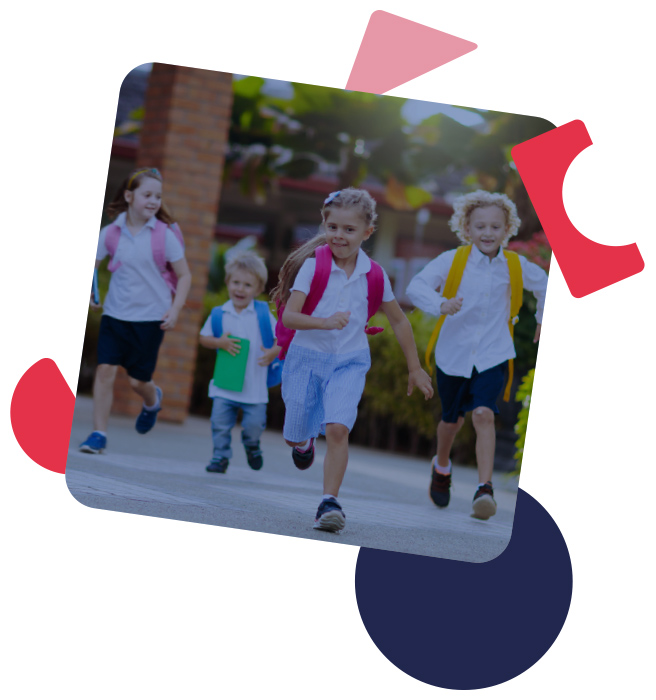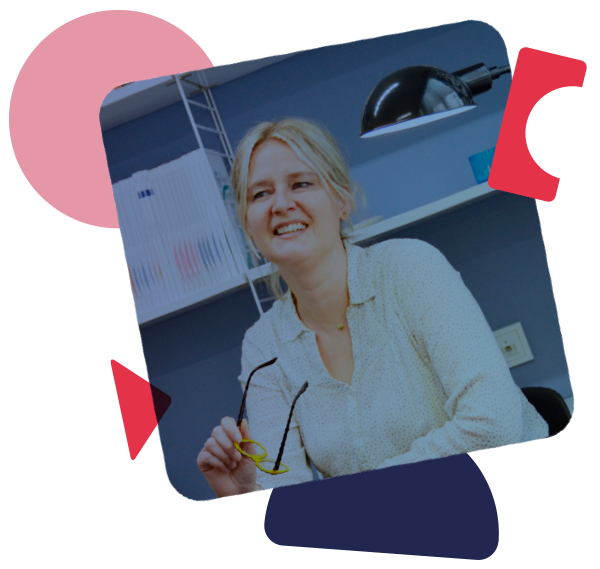
Child psychology
School-age children and their families
In families with school-age children, parental concerns are often related to the child’s school problems; namely, difficulty concentrating, relational difficulties with peers, changes in mood, irritability and anger, challenging attitudes, or the child’s various fears.
Recently, parents have also become also concerned about problems related to the excessive use of video games and social networks. Development does not always go the way parents wish, and family interaction can turn out to be negative.

Do you want an appointment?
+34 660 292 424
You can call us or write us an email We'll be happy to hear from you!
Do you prefer that we call you?
Do you want an appointment?
+34 660 292 424
You can call us or write an email. We'll be happy to hear from you!
Do you prefer that we call you?
Parents may need to be attentive when the following situations occur:
Child does not want to play alone or with friends.
SHe/she locks himself in his room
Child has trouble sleeping and has nightmares
He/she has no friends
He/she no longer wants to go to school
Is irritable and has tantrums for minor reasons.
Child does not listen
Child has difficulty in separating from parents
Complains of variety of aches and pains
Child is constantly sad
Can’t get excited about anything
He/she is restless and does not pay attention
Sometimes to give a good answer in these situations it is necessary to receive help and specific guidelines.
Children 7 to 9 years of age
A child’s emotions can fluctuate and are sometimes difficult to control and contain. When the child is afraid, angry or disappointed, he may cry, throw things or even strike out. Emotions are allowed, but not hurting other people or breaking things. A child needs help regulating his emotions.
At this age, a child is sensitive to criticism and can defend himself vigorously if he is criticized or does not receive enough approval.
A child’s life must still include a lot of play and undirected, carefree activity.However, he needs a variation of games and work. Moving outdoors and exercising imagination are very important. A child already has a sense of humor and enjoys rhymes, songs, stories, and riddles.
Belonging to a group, playing with friends and being accepted is of great importance.
Losing at games is still difficult.
A child has a greater capacity to think about the feelings and needs of others, his capacity for empathy develops. However, his behaviour can sometimes be selfish or even offensive.
At the age of 6 to 7, the norms begin to form part of the child’s inner consciousness. He can regulate his own actions. This gives a new sense of independence and strengthens self-esteem.
However, the child does not yet know how to generalise rules to different situations and environments. If a child is forbidden to throw a ball at home, the same rule may not apply at grandmother’s house. It requires understanding on the part of the parents, since the child does not necessarily defy the norms on purpose.
A child seeks to please the adults that are important to him. Apart from the adults in the family environment, the teacher is usually an important authority figure for the child. Studying is motivated by the desire to please the adult.
Children 9 to 12 years of age
A child enjoys doing activities together with other children and adults. It is a good idea to give your child some chores around the house. It is essential for the child to feel important and trustworthy, although meeting responsibilities does not always appeal to him and he needs parents to remind him of his tasks and responsibilities.
It is quite typical at this stage of development that a child is dissatisfied with himself: “Why am I so stupid and ugly?” Feelings of alienation are also common. A child may feel that he has been adopted by his family or that he is alone in the world and is different from others. Children of this age are interested in what happens in the world, the purpose of life and
philosophical questions related to destiny: “Where do I come from? What happens to me when I die?”
Despite his critical attitude, the child needs his parents to be close and understanding, to continue to set safe and reasonable limits and to adhere to them despite protests. Within these limits, it is important that a child is able to choose and make independent decisions. He needs to be heard, even if it is not always possible to act according to his will.


In pre-adolescence and adolescence, a child gradually matures towards independence and seeks a new type of relationship with himself and with his parents. In these early stages, his behaviors may be those of a child and other times they are typical of an adolescent. On his way to adolescence, a child can be defiant, loud, careless, irritable, and sensitive. It is common for him to feel insecure. Peers and their opinions become more and more important and he needs to be accepted in his group of friends.
A child is increasingly able to understand and take into account the feelings, thoughts and needs of others. He can already describe his personality and interests as well as those of his friends, not just external qualities.
Typical early childhood egocentricity diminishes. A child’s ability to empathise, wait his turn, and control emotions is developed.
A child feels more independent, and has already developed his own judgment and moral conscience. He can criticise the rules and try to change them. Reflecting on the rules teaches important skills like justifying one’s own point of view, listening to others, and comparing different perspectives. It is often easier for a child to commit to following rules and commitments if he can participate in formulating them.



What we do at LAPSI
At the LAPSI Centre we think together about these issues. The need for treatment will be assessed and an intervention plan developed. The first visit is held in the consultation room, and subsequent visits can be face-to-face at the consulting room, online or at home.
Most of the time, these concerns can be addressed by small interventions. However, early attachment psychotherapy, individual or family psychotherapy is sometimes necessary.


